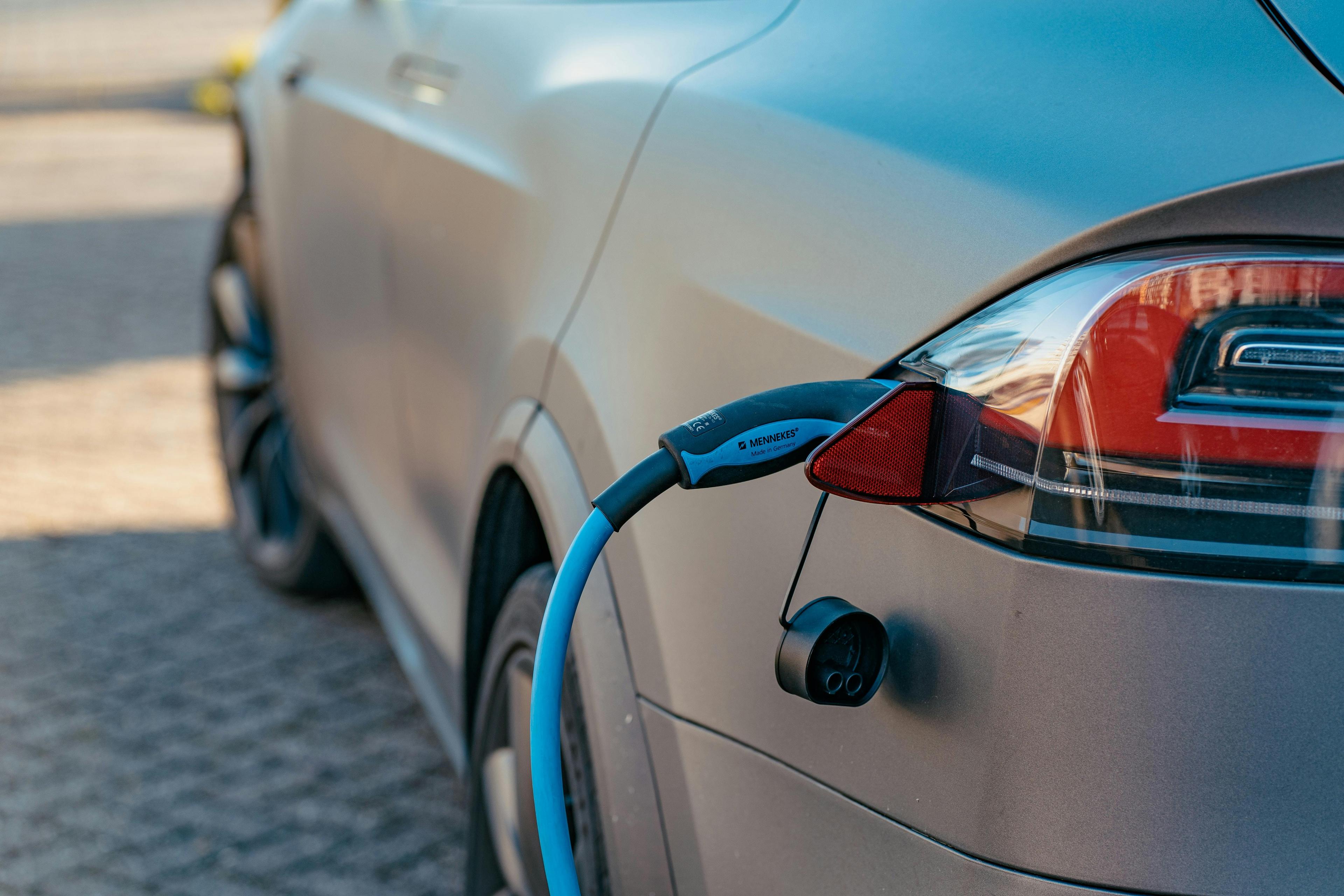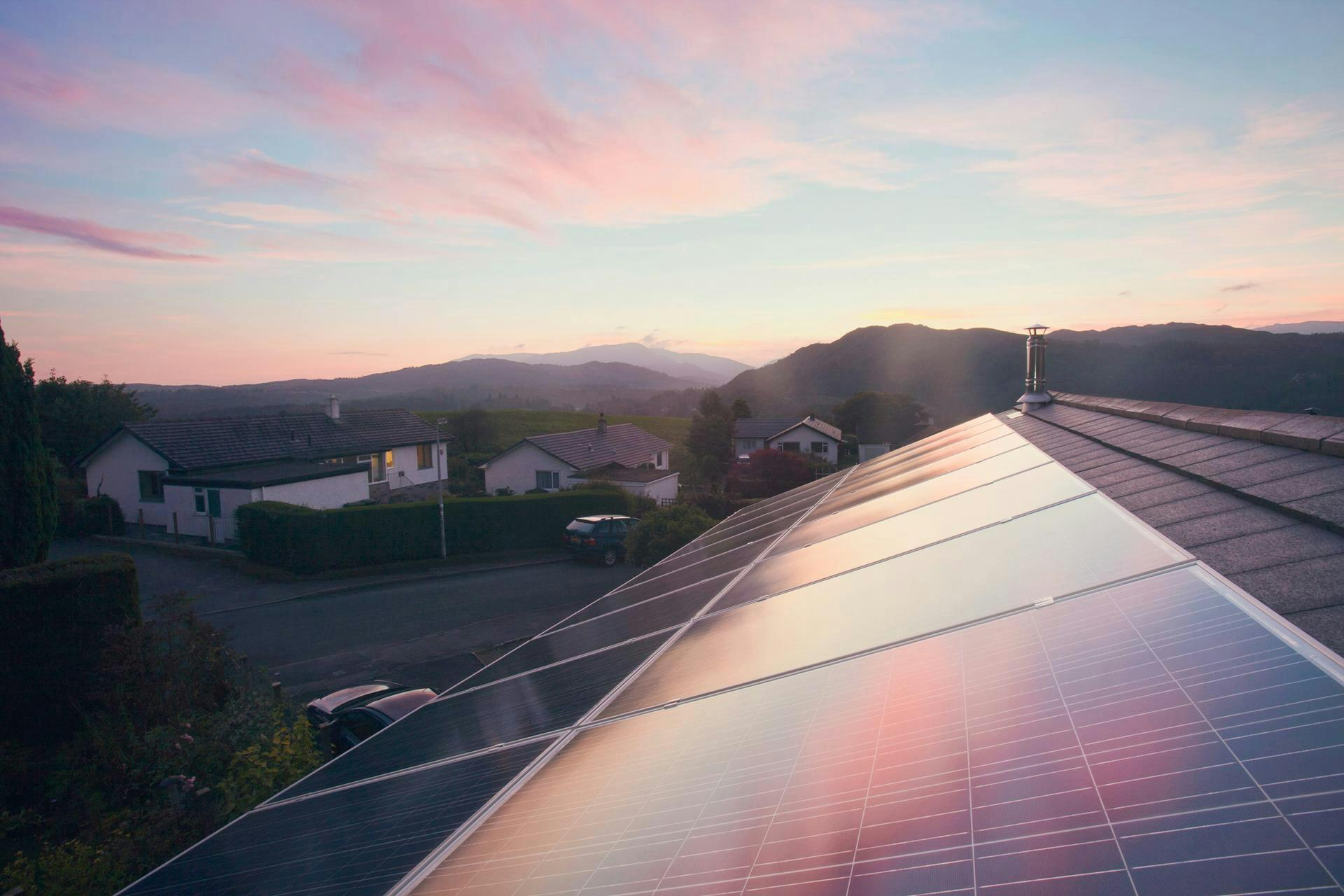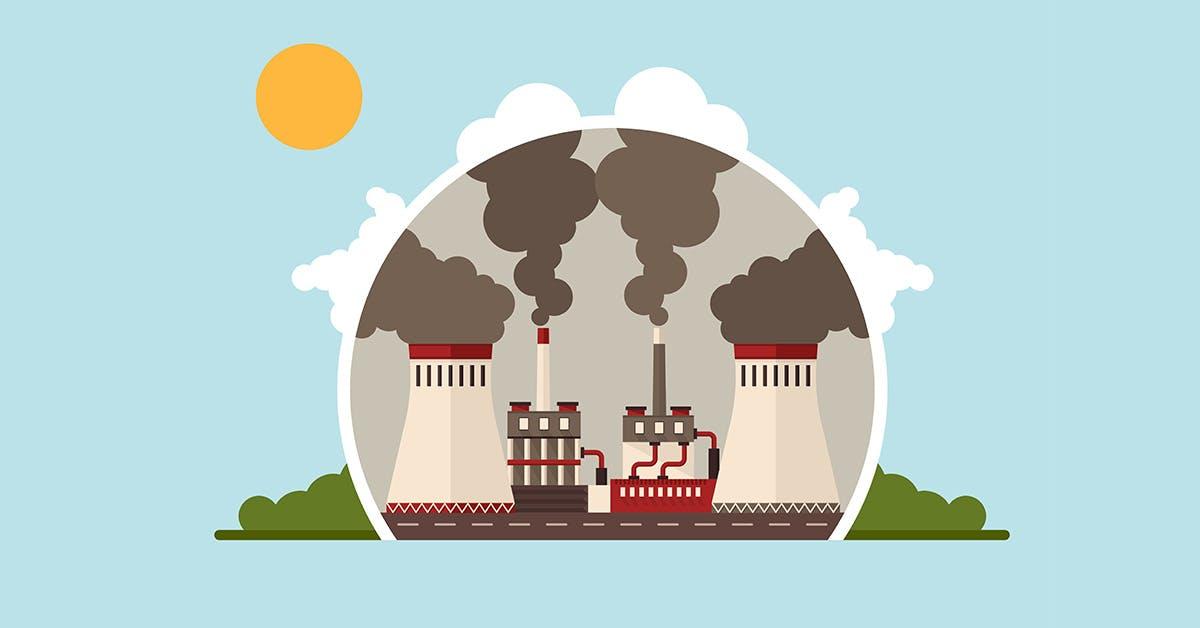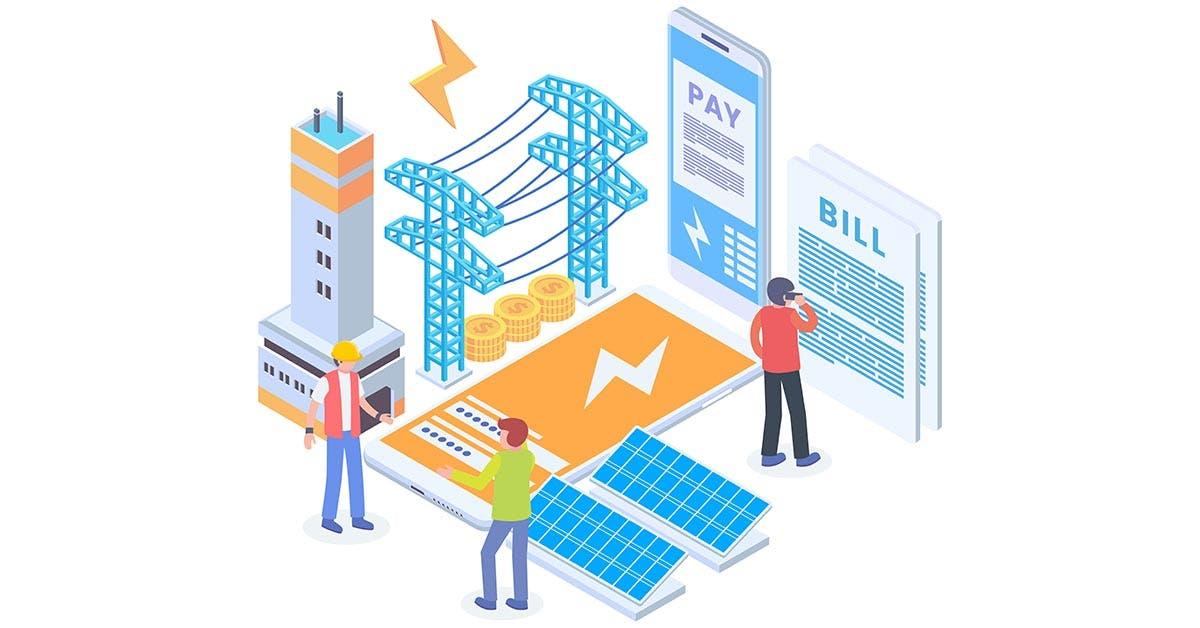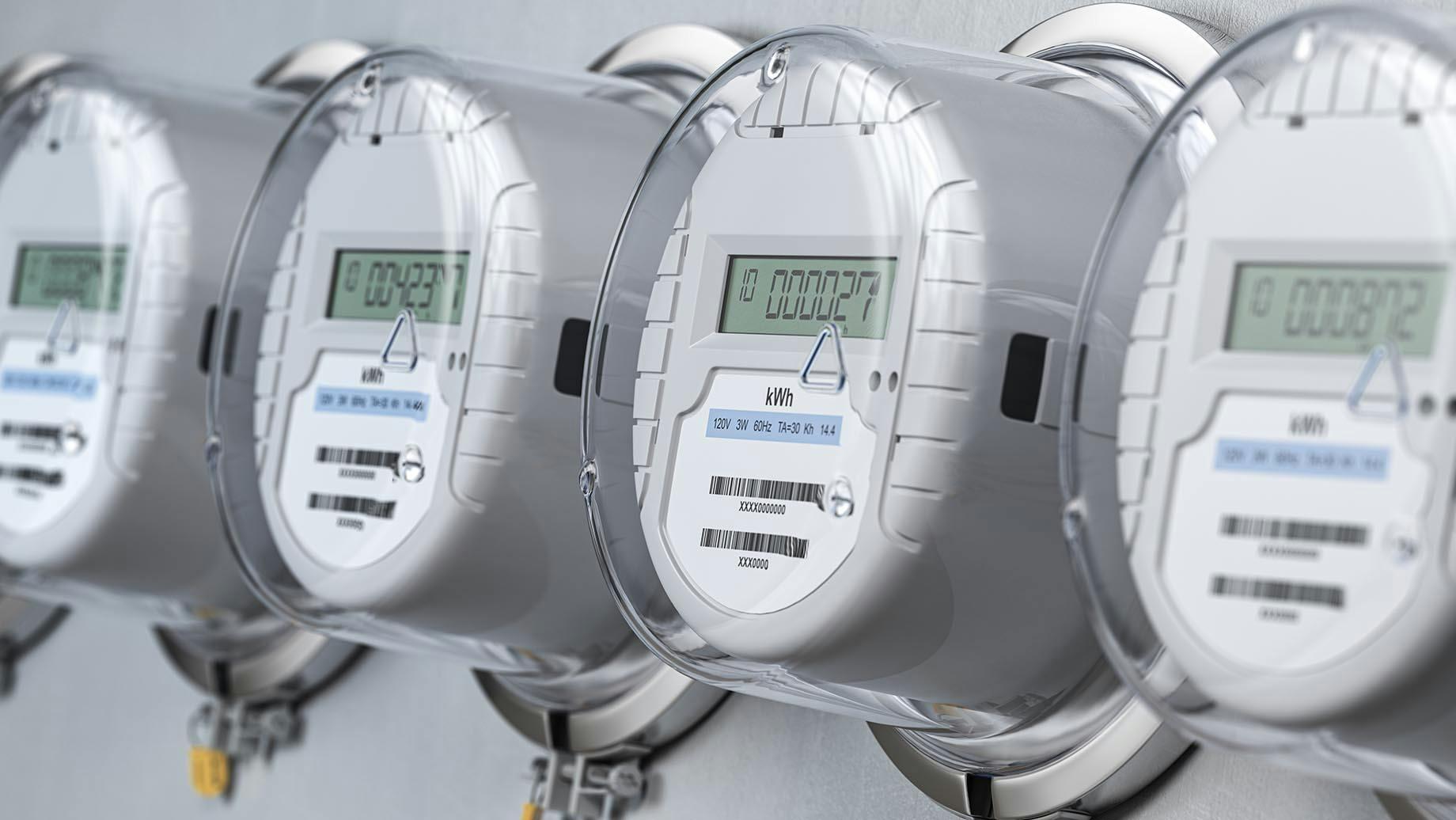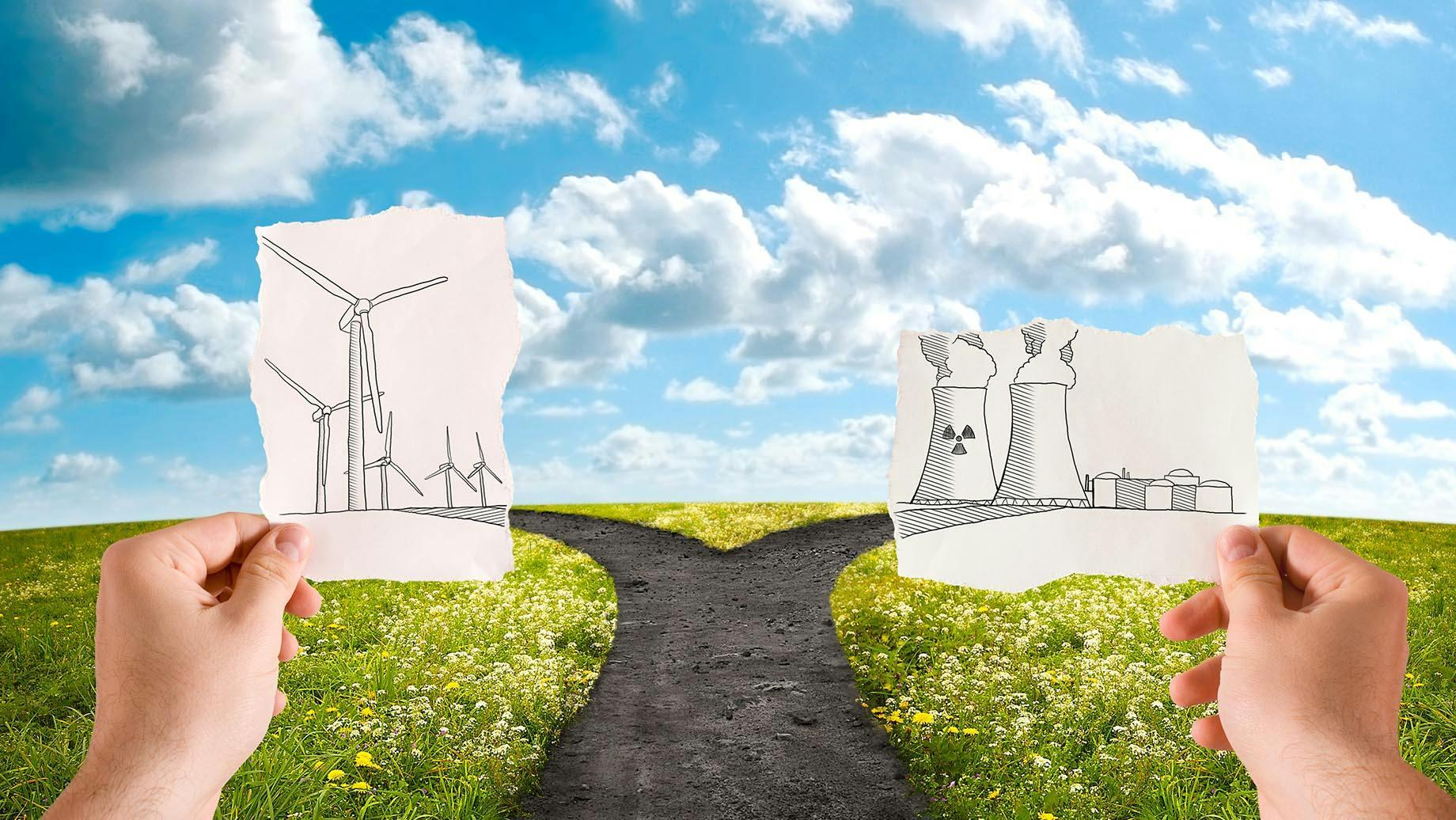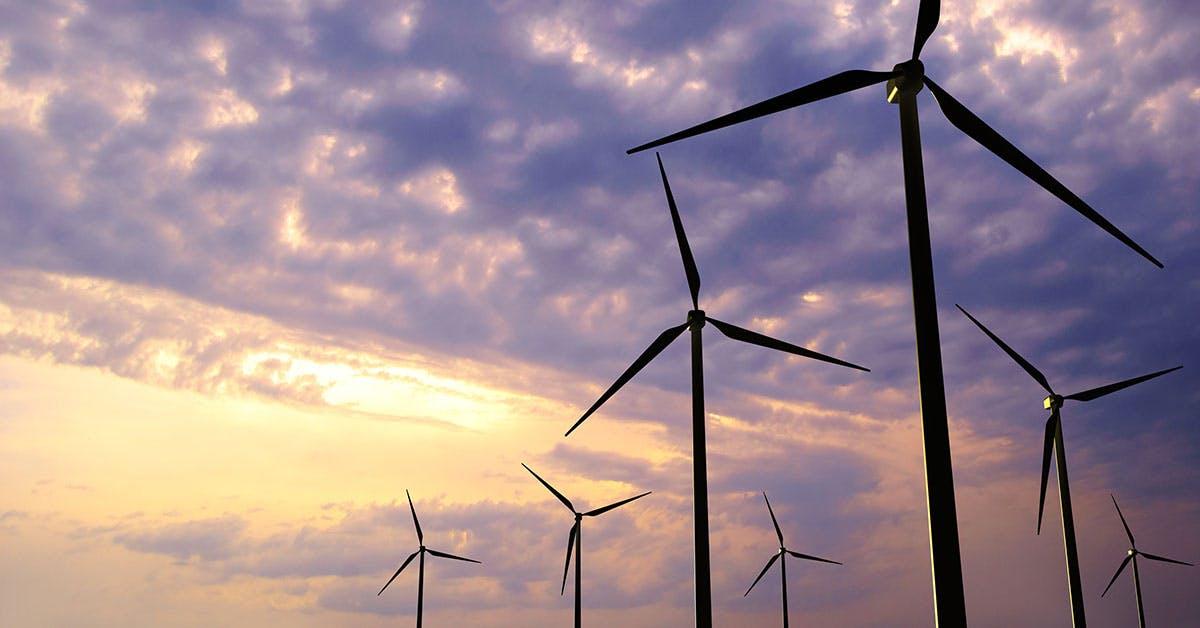
Electric Hot Water Heater Cost Per Month & Year
Inspire Clean Energy
8 min read
category: Sustainable Living
Don't worry about climate change— do something about it.
Our clean energy plans are the easiest way to reduce your home's carbon footprint.
Switch to clean energyElectric Water Heater Annual Cost & Cost Per Month
According to the Department of Energy, your water heater is the second-largest consumer of energy in your home, making up around 17% of total energy use. With this in mind, it is beneficial to know how much energy your electric hot water heater is consuming and how much that costs you each month. With this knowledge, you can make the most efficient use of your water heater and reduce your electric bill.
Are electric water heaters expensive to run?
According to the Department of Energy, the average American household spends between $400 and $600 each year on water heating alone. This cost will vary depending on the electricity rates in your area and your water heating unit's efficiency.
The amount of energy an electric water heater uses depends on several factors, including:
- age of unit
- size of unit
- type of electric water heater
- set temperature
- the volume of water used per day
The type of electric heater is a particularly important factor when it comes to running costs. Here is a run-down of options available for electric hot water heating systems.
Storage Water Heaters
Storage heaters are typically the least expensive when it comes to the system itself and has relatively low operating costs.
One problem with this system is that heat energy is lost as the tank works to keep water heated even when it isn’t being used, so you are paying for energy that is being wasted. If you consider this option, you should look for an insulated model that will prevent this from happening.
Tankless Water Heaters
Tankless heaters will cost a little more to purchase and install but, according to the Department of Energy, they are between 8% and 34% more energy-efficient than storage water heaters depending on the amount of water used. This means that you could save $100 or more per year by switching to this type of water heater.
The downside is that, depending on the model and the electrics in your home, the initial purchase and installation costs might not be worth the savings on energy until much later down the line.
Heat Pump Heating Systems
Heat Pump systems are two to three times more energy-efficient than storage heaters and therefore have lower operating costs. The most efficient models, from Energy Star, could save you up to $300 per year on your energy bills.
However, performance can vary depending on where the system is installed in your home, as they have to remain at a certain temperature throughout the year. They also need a lot of space for both the pump itself and surrounding air space.
The biggest downside is the initial cost, with purchase price alone starting at around $1,000, with installation and maintenance costs on top.
Can a water heater cause a higher electric bill?
There are many reasons why your water heater may cause a higher electric bill.
Firstly, if your electric hot water heater is set to a higher temperature than is necessary, your heater will be consuming more energy leading to higher energy bills. We will look at how to remedy this below.
Another problem could be that your home’s water heater is either too large or not large enough. If your water heater is too large, it will simply be heating water that is never used all at one time, and so you will be paying more than you need to.
Conversely, if your heater is not large enough, not only will you not have enough hot water for your entire household, you may find that your water heater is overworked as it has to work more often throughout the day. Even if this does not directly increase your electric bill, you will end up having to pay more frequently for maintenance and repairs.
As a general rule, you should stick to water heaters that are 30- to 40-gallons for one or two people, 40- to 50- gallons for two or three people, 50- to 60-gallons for three or four people, and 60- to 80-gallons for five or more people.
You will also find that your water heater is causing a higher electric bill if it is too old. Typically, electric water heaters are made to last for around 10 or 15 years, and after that, their efficiency significantly decreases, and therefore your energy bills increase.
What is the average cost of an electric hot water heater?
Depending on the type of electric hot water heater, the unit's average cost ranges from $300 to $700, with added installation costs between $700 and $1,000.
This means that you can expect to pay a total of between $1,000 and $1,700 depending on the size of the system and the type of water heater you choose.
Are new electric water heaters more efficient?
The majority of new appliances are more efficient than older models, and electric water heaters are no exception.
Yes, they will have higher initial costs in terms of the purchase price and installation costs, but they can save you money on your energy bills in the long run as less energy is needed to operate these newer models.
If you are looking to purchase a new electric water heater, make sure to look at getting one with an Energy Star label as you can be sure that it will be as energy-efficient as possible.
Should I turn off my water heater at night?
If you have a tankless on-demand heater, you don’t need to worry about turning it off at night, as they are designed to only heat the water when it is actually needed.
If you have a tank water heater, you should consider turning it off not just at night, but whenever it is not needed for a long period, as it could reduce your electric bill.
This type of water heating system simply heats up the whole tank of water and works to keep it at temperature for when it is needed again. Even with insulation, about 10% of the heat energy produced is lost into the air. By turning off your water heater, you will prevent this escape of heat and the few dollars each day that are escaping with it!
Does turning down the water heater save money?
The majority of water heaters have a default temperature of 140˚F as this is about the temperature that dishwashers once needed to function and clean dishes properly.
In fact, you only need a hot water temperature of 120˚F for most other household uses, and dishwashers are now built with heating boosters so they can bring the hot water up to the needed temperature themselves.
Setting your water heater to 120˚F, you will get the most efficient temperature and save money on heating to a higher temperature than is actually needed.
How much does it cost to run a 50-gallon electric water heater?
According to the Department of Energy, based on the assumption that an electric water heater runs for an average of about three hours per day, a 50-gallon water heater, running at 5,500 watts, with an electricity rate of $0.16 per kWh, will have an annual operation cost of $781.
This cost will vary depending on the efficiency rating of the water heater and the electricity rates in your area.
Are electric water heaters worth it?
Electric water heaters are a popular option in many households as the initial costs are relatively low compared with other options, although installation costs vary depending on the type of water heater.
They are also much better for the environment than other water heating options as they are one of the more efficient types of water heater and can be run using renewable energy sources, unlike gas heaters.
Electric water heaters are also readily available to all those connected to the electric grid, where other options, like gas, are unavailable to some. This is only really an issue if there is a major power outage, in which case you will have no access to hot water until the problem is fixed.
Electric water heaters are a great option if you can spend a little more on getting a newer, more energy-efficient model. This alone will help you to save money on your electricity bills, especially if you make an effort to use less hot water, at a lower temperature, on a day-to-day basis.
The best way to keep your electric bills down while doing your part to combat climate change is to switch to a renewable energy plan with Inspire Clean Energy. We will provide you with 100% clean, renewable energy at a fixed monthly price so that you will never have any nasty surprises at the end of each month and provide you with smart tools to help you manage your electricity usage. Click here to find out more.
Don't worry about climate change— do something about it.
Our clean energy plans are the easiest way to reduce your home's carbon footprint.
Switch to clean energy
Inspire Clean Energy
We're on a mission to transform the way people access clean energy and accelerate a net-zero carbon future.
Learn more about Inspire →Explore more
Recent Posts
Top Articles



